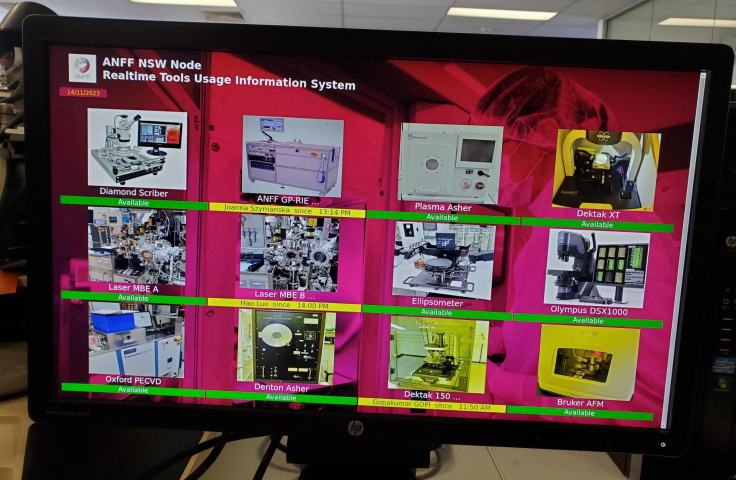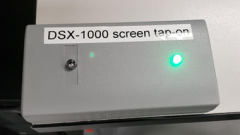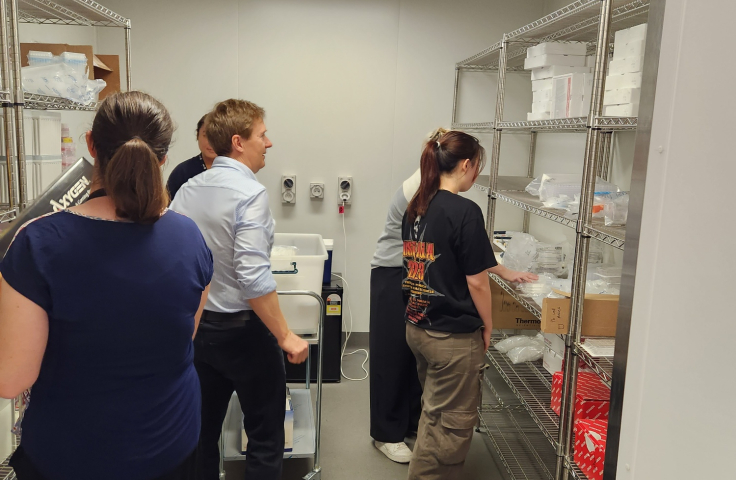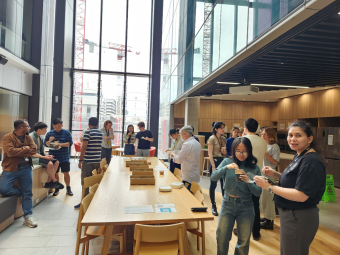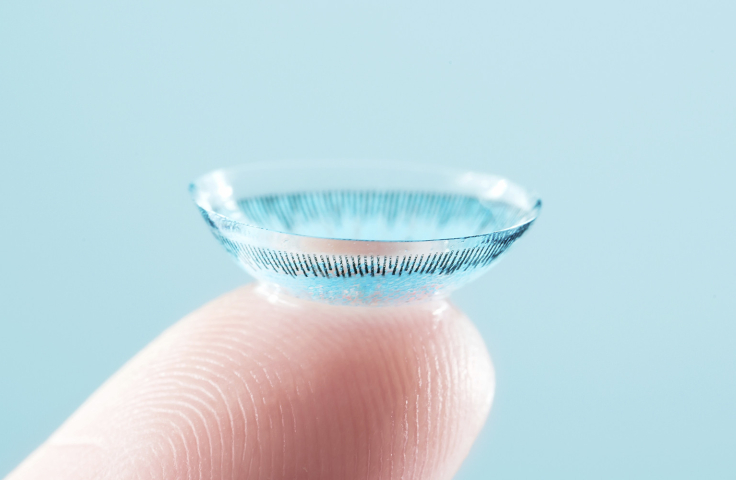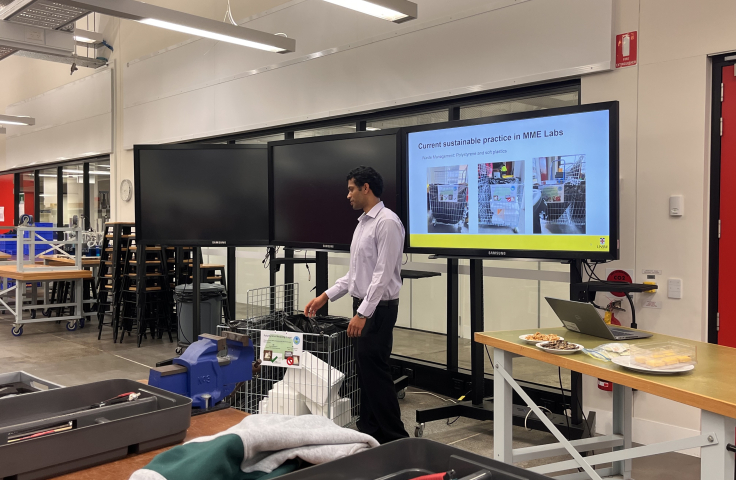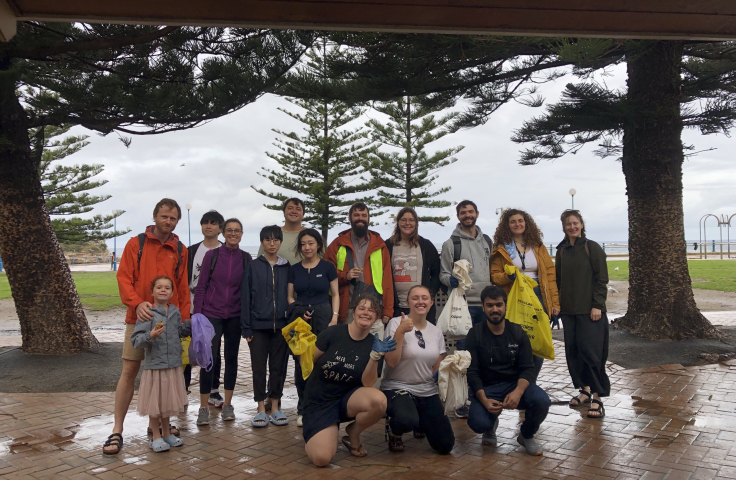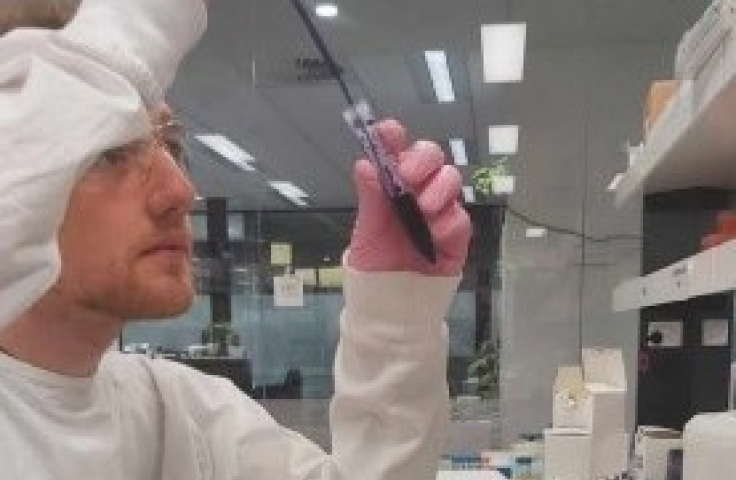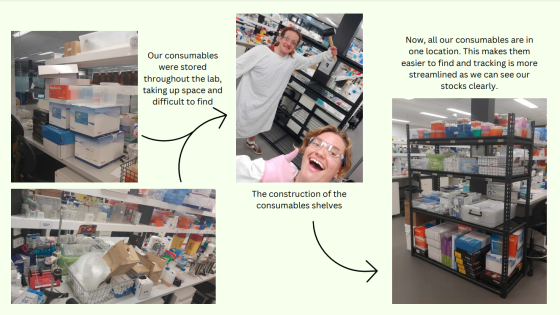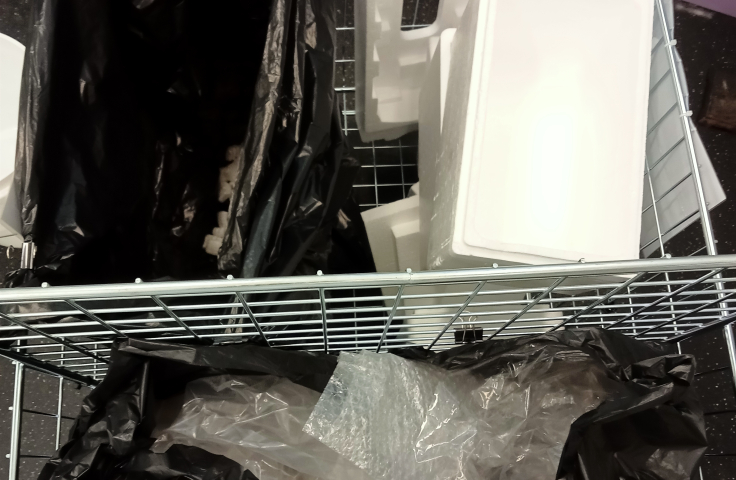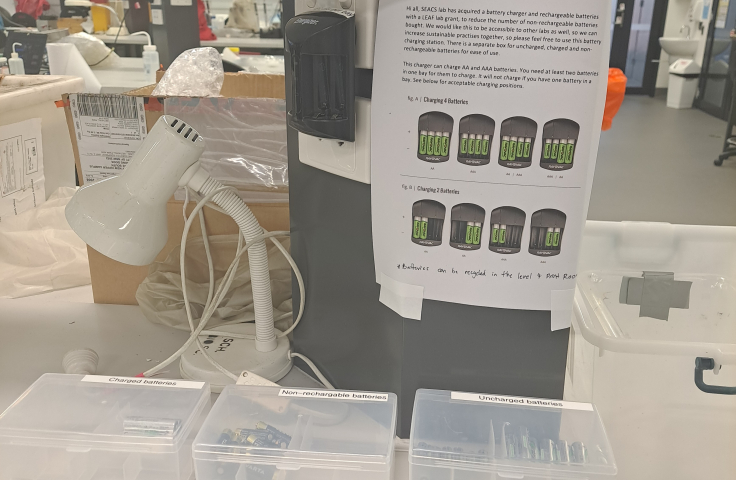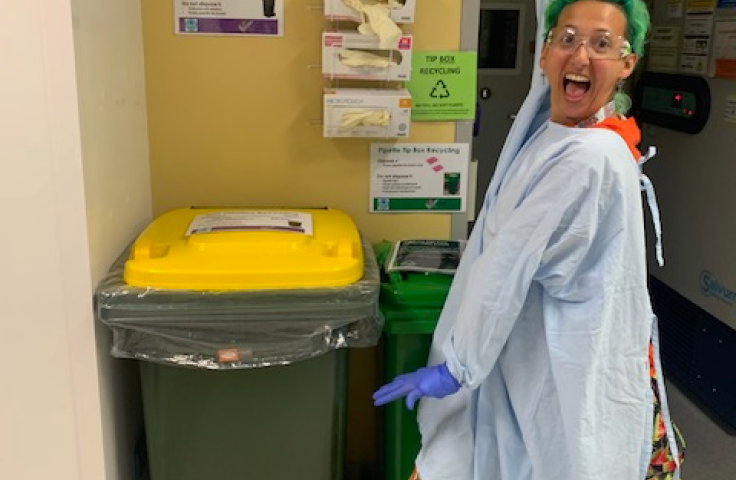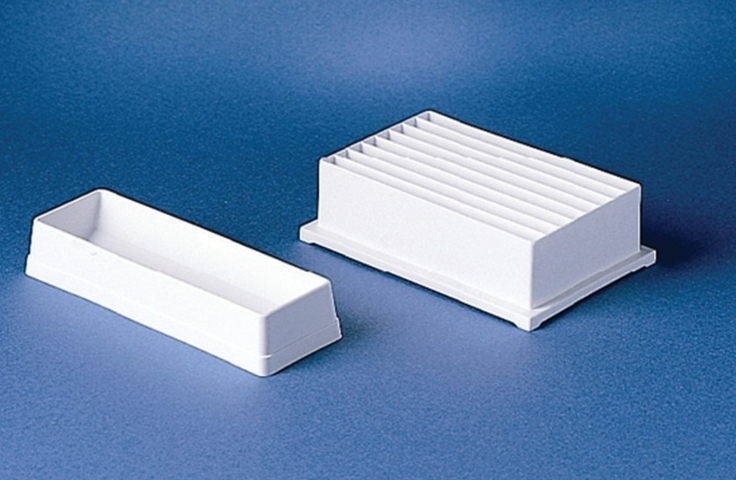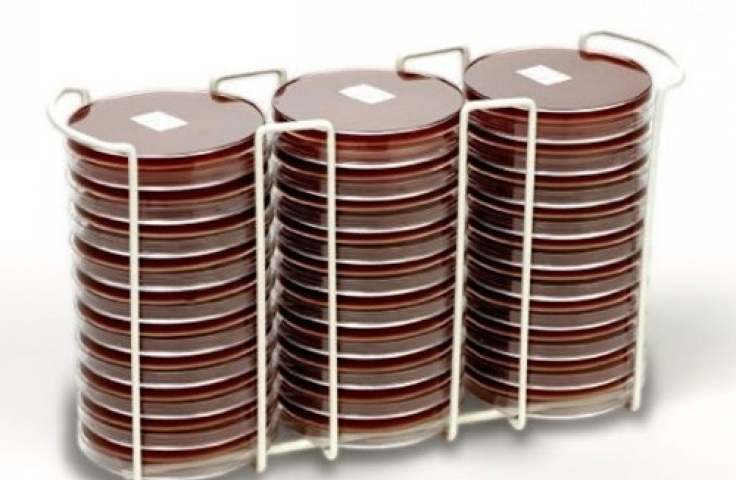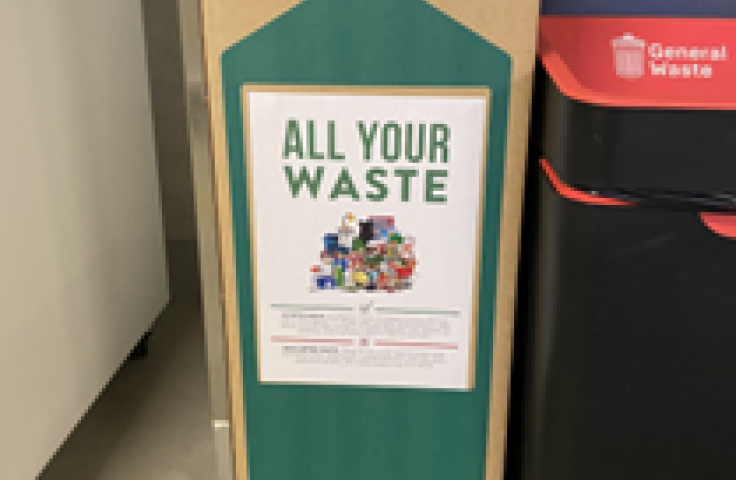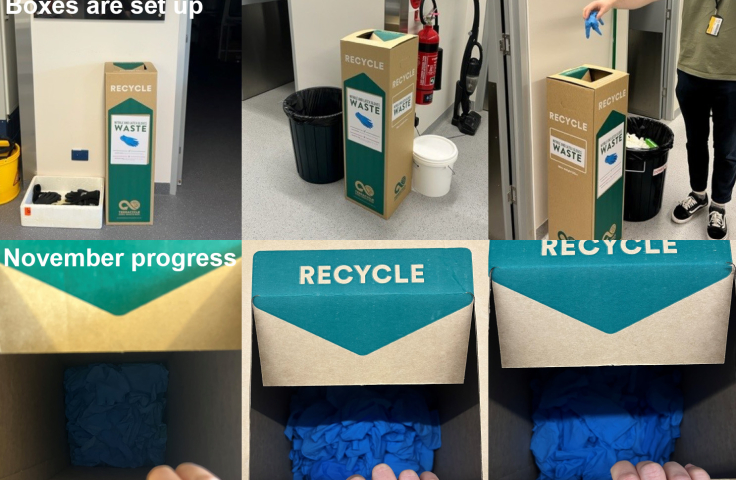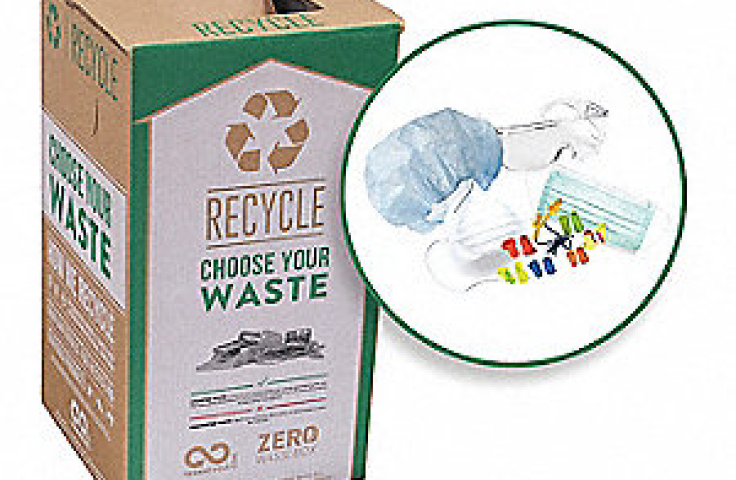Apply for grants of to $1000 and implement a sustainability initiative in your laboratory. Complete the short proposal form describing your initiative and email it to LEAFlabs@unsw.edu.au. For ideas and inspiration, see 2023 & 2024 case studies of successful LEAF lab grant initiatives below.
LEAF lab grants are only available to teams registered in the UNSW LEAF program. Register to join LEAF on our homepage.
LEAF lab grant applications open on 28/04/2025. Download & complete the proposal form. Email the completed form to LEAFlabs@unsw.edu.au. LEAF administration will directly contact applicants with results. The final date to submit a LEAF lab grant proposal is 29/08/2025.
